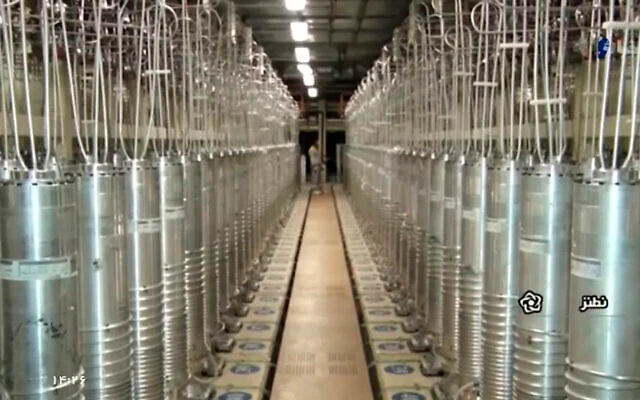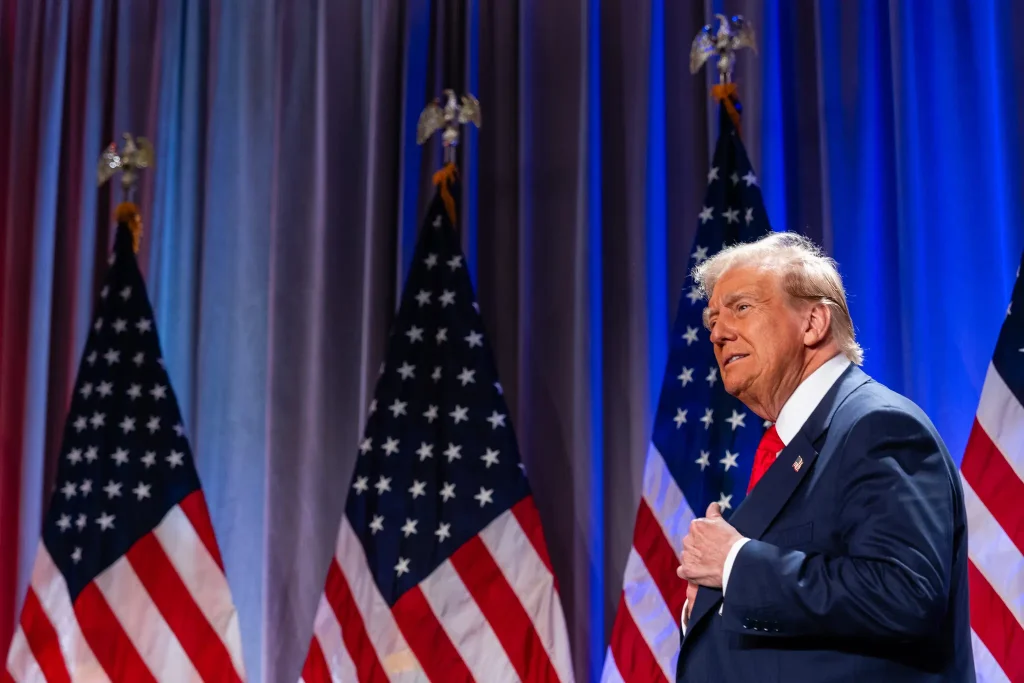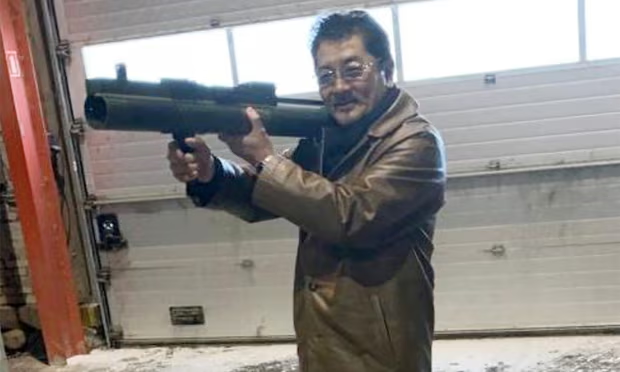Iran Plans New Uranium-Enrichment Expansion, IAEA Report Says
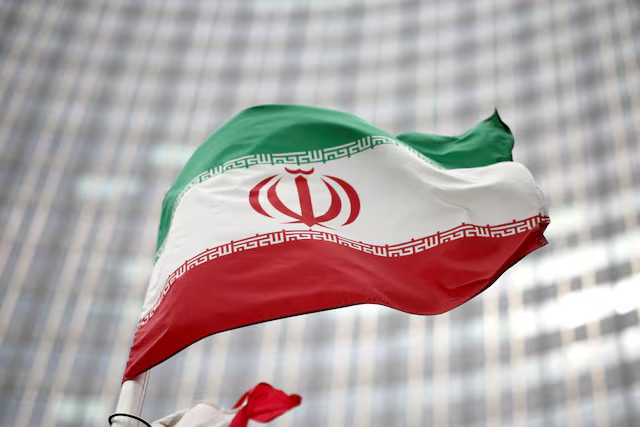
In a significant development that has raised concerns within the international community, Iran has reportedly announced plans to further expand its uranium-enrichment activities. According to a new report from the International Atomic Energy Agency (IAEA), Iran is intensifying its nuclear program by adding more advanced centrifuges and increasing the stockpile of enriched uranium, a move that could bring the country closer to the ability to produce nuclear weapons-grade material.
Details of the IAEA Report
The IAEA, which monitors nuclear activities in Iran under the Joint Comprehensive Plan of Action (JCPOA) agreement, revealed in its latest report that Iran has been rapidly increasing its uranium enrichment capacity. The report highlights that Iran has installed more advanced centrifuges at its facilities, including the Natanz nuclear site, which is a key location for the country’s uranium enrichment activities.
These advanced centrifuges are capable of enriching uranium at a much faster rate compared to older models, thus allowing Iran to build up a larger stockpile of enriched uranium more quickly. Iran’s uranium enrichment program has been a focal point of the 2015 nuclear deal, which was designed to limit Iran’s nuclear activities in exchange for sanctions relief. However, since the U.S. withdrew from the agreement in 2018, Iran has gradually rolled back its commitments, leading to rising tensions with the West and its neighbors.
According to the IAEA, Iran has been enriching uranium to higher purity levels, which raises concerns among world powers about Iran’s intentions. The current enrichment level has surpassed the 3.67% purity limit set under the JCPOA, with Iran now enriching uranium up to 60% purity, a step closer to the 90% purity required for weapons-grade uranium.
The Impact on the Nuclear Deal
The expansion of Iran’s uranium-enrichment capabilities could have far-reaching implications for the 2015 nuclear agreement, also known as the Iran nuclear deal. The deal, which was initially signed between Iran and six world powers — the U.S., U.K., France, Germany, Russia, and China — was meant to curb Iran’s nuclear ambitions and prevent the country from developing nuclear weapons.
Since the U.S. withdrawal from the deal in 2018, relations between Iran and the remaining signatories of the JCPOA have soured. Although efforts have been made to revive the agreement, including rounds of negotiations in Vienna, progress has been slow, and the tensions between Iran and the West continue to escalate. Iran’s continued expansion of its uranium enrichment capabilities is seen as a direct challenge to the agreement and has heightened fears of a potential nuclear arms race in the Middle East.
In response to the recent developments, several European countries, as well as the U.S., have expressed concerns. They have called on Iran to return to full compliance with the JCPOA and to halt its enrichment activities. Failure to do so could lead to renewed sanctions and possibly military action, though the diplomatic path remains a preferred option for many international stakeholders.
Iran’s Stance on Nuclear Enrichment
Iran has repeatedly defended its nuclear program, stating that its activities are purely for peaceful purposes, such as generating electricity and medical research. Iranian officials have emphasized that they have the right to pursue nuclear technology under the terms of the Nuclear Non-Proliferation Treaty (NPT), to which Iran is a signatory.
However, the international community, particularly the U.S. and European countries, has expressed skepticism over Iran’s intentions. The rapid expansion of its enrichment program and the increasing purity of its uranium stockpile have raised suspicions that Iran may be seeking to develop the capability to produce nuclear weapons. While Iran has repeatedly denied this, its actions have fueled fears that it is edging closer to acquiring nuclear weapons capability, which could lead to destabilization in the region.
Regional and Global Repercussions
The potential expansion of Iran’s nuclear program has significant implications not only for the Middle East but for global security as well. Iran’s nuclear ambitions have long been a source of tension between the country and its regional rivals, particularly Israel and Saudi Arabia. Israel, in particular, has been vocal in its opposition to Iran’s nuclear program, warning that it would take military action if necessary to prevent Iran from developing nuclear weapons.
The potential for a nuclear-armed Iran could also prompt other countries in the region to reconsider their own nuclear ambitions, leading to a regional arms race. Saudi Arabia, for example, has expressed interest in developing nuclear technology for peaceful purposes, but analysts worry that a nuclear Iran could push the kingdom to pursue its own weapons program in response.
On a global scale, the growing nuclear capabilities of Iran could have far-reaching consequences for the Non-Proliferation Treaty (NPT), which has been a cornerstone of global efforts to prevent the spread of nuclear weapons. The potential for nuclear proliferation in the Middle East could undermine the integrity of the NPT and encourage other countries to seek nuclear weapons as a deterrent against perceived threats.
International Response
The IAEA report has sparked calls for renewed diplomacy and action to curb Iran’s nuclear activities. The United States, along with European powers, has called for increased pressure on Iran to comply with the terms of the JCPOA and return to negotiations. However, Iran has stated that it will only return to compliance if the U.S. lifts sanctions, a move that has been met with resistance from Washington.
At the same time, some analysts have suggested that the diplomatic options for resolving the nuclear issue are becoming increasingly limited. The growing divergence between Iran’s actions and the international community’s expectations could make it difficult to reach a lasting agreement without significant concessions from both sides.
In addition to diplomatic efforts, there are growing concerns about the possibility of military action. While military strikes against Iran’s nuclear facilities are not seen as a preferred option, some countries, particularly Israel, have not ruled out the use of force to prevent Iran from obtaining nuclear weapons.
Iran’s plans to expand its uranium-enrichment program, as outlined in the IAEA’s latest report, have intensified concerns about the future of the nuclear deal and the stability of the Middle East. As Iran continues to increase its stockpile of enriched uranium and improve its enrichment technology, the risk of nuclear proliferation in the region becomes more pronounced.
The international community faces a difficult challenge in addressing Iran’s nuclear ambitions while avoiding further escalation. Diplomacy remains the best path forward, but as Iran moves closer to weapons-grade uranium enrichment, the window for a peaceful resolution is narrowing. The situation will likely remain a focal point of global security discussions, with far-reaching implications for regional stability and the future of non-proliferation efforts worldwide.


